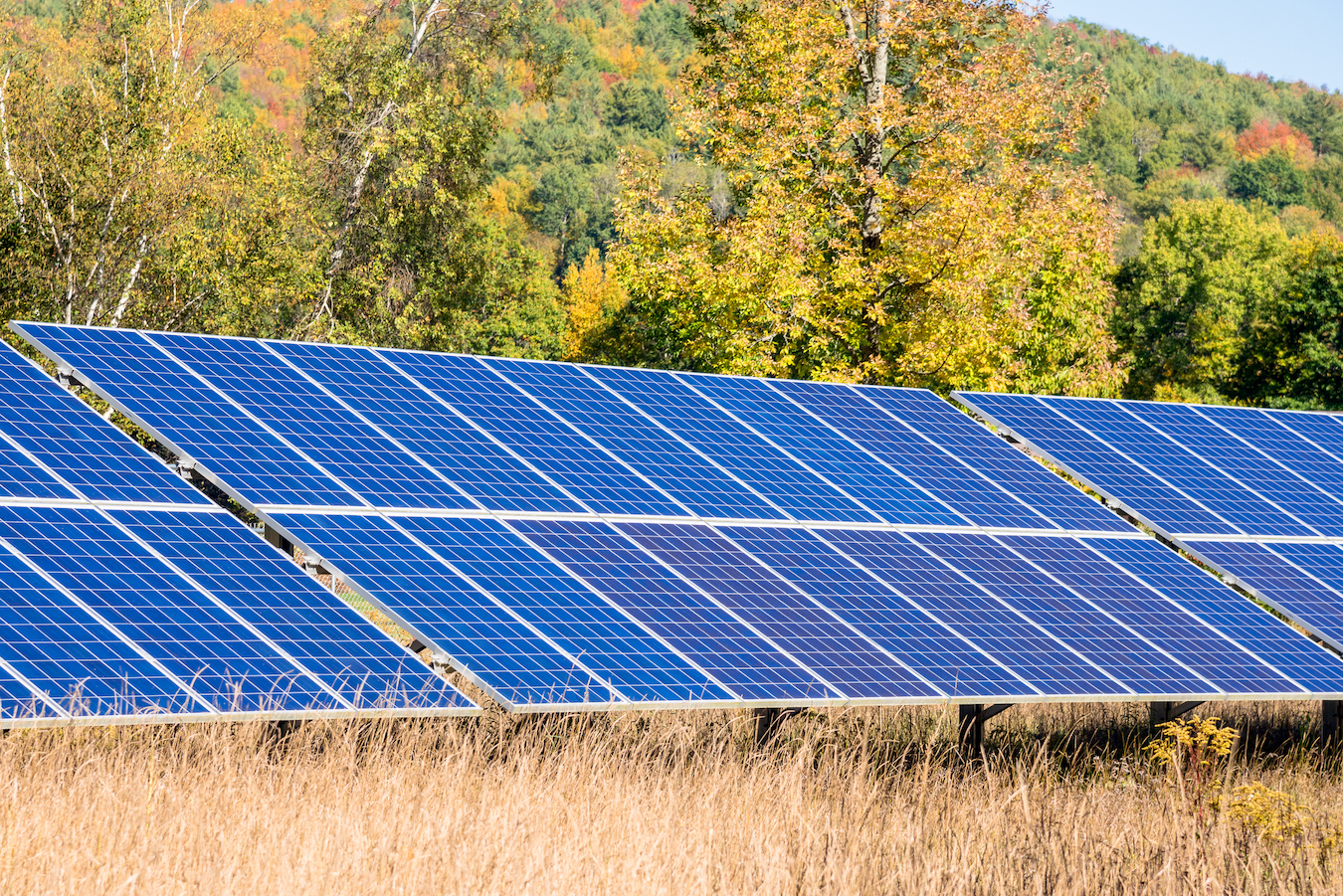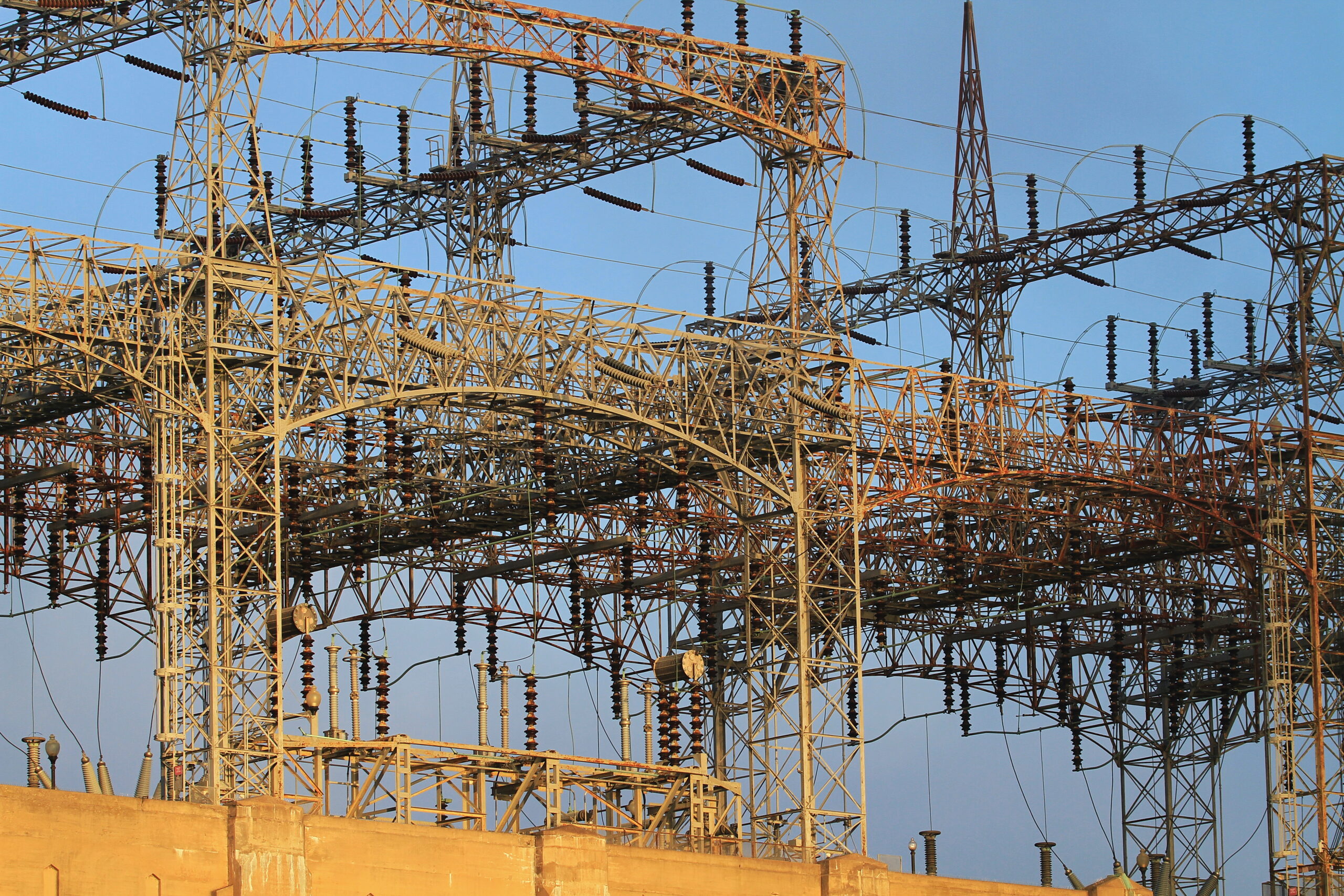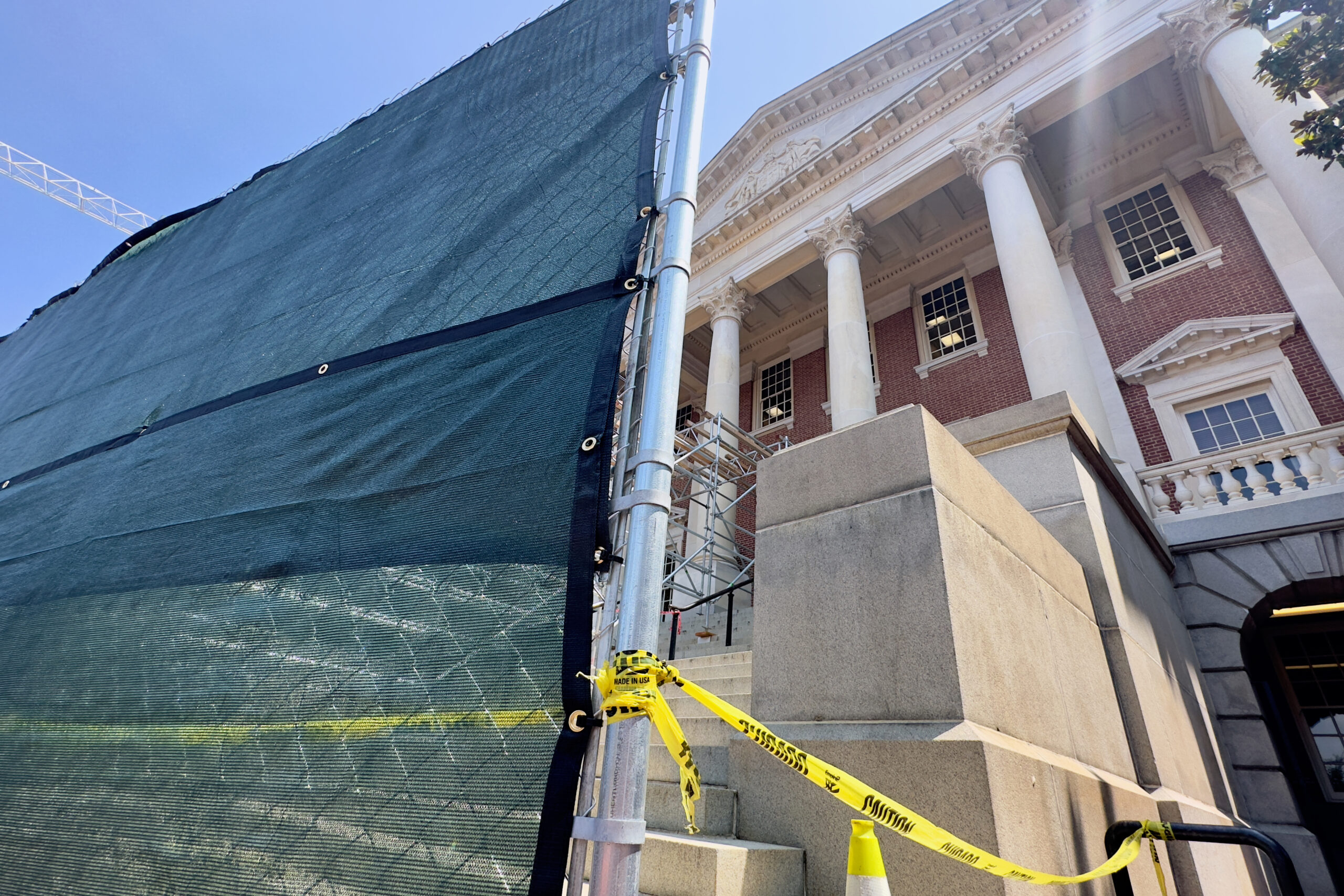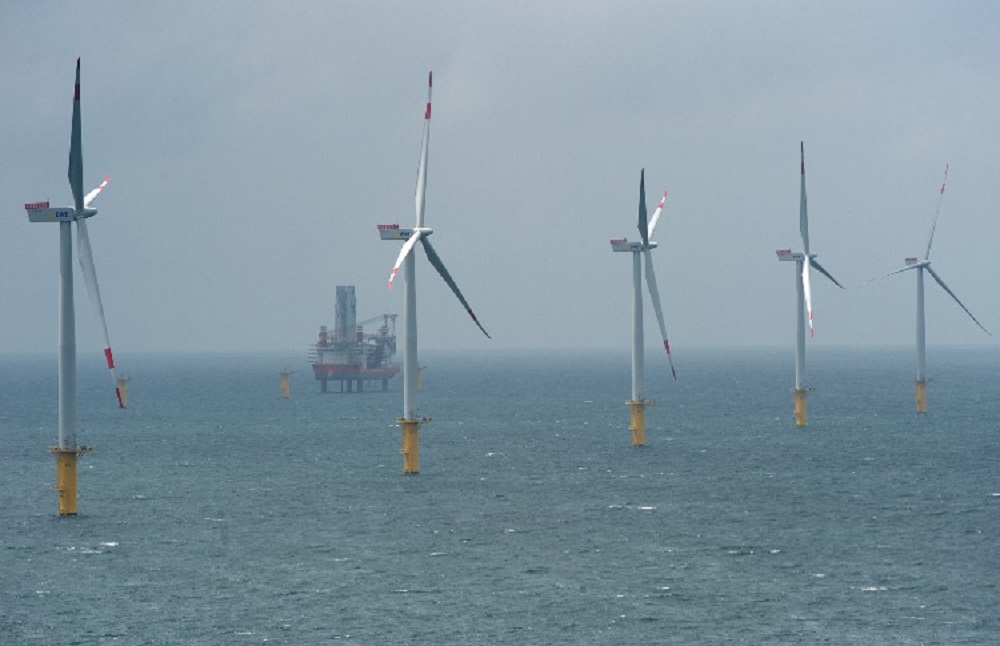Environmental leaders push for transparency on state’s clean energy program

Eight environmental leaders are pressing Maryland energy regulators for more transparency on how the state’s renewable energy program is handled — and how the state hands out financial credits for entities that generate renewable energy. In a letter sent Tuesday to the five members of the Maryland Public Service Commission, the green groups suggest that the state’s renewable energy program isn’t delivering on its promise.
“There is substantial evidence that Maryland’s supposedly renewable energy program is in reality subsidizing an array of dirty energy sources,” Tim Whitehouse, executive director of the group Public Employees for Environmental Responsibility (PEER) said in a statement Wednesday. “It is imperative that both ratepayers and the General Assembly have a clear idea of how this program operates.”
The PSC, the public utility regulator in Maryland, issues an annual report on how the state’s Renewable Portfolio Standard (RPS), which sets goals for renewable energy generation in the state, is performing. The state has established several categories for what constitutes renewable energy, and companies receive financial incentives from the state for using and generating renewable fuels.
But the program has drawn complaints through the years, particularly as trash burning waste-to-energy facilities and other controversial energy sources continue to receive renewable energy credits.
In their letter, the eight groups ask the commissioners to include much more information in the next annual report, due to be delivered late in the year, including whether the program is working as intended.
Past PSC reports issued under the Hogan administration omitted critical data, the environmental groups assert, including:
- The price of renewable energy credits (RECs) by fuel source, so that ratepayers can tell what value they are getting from their dollars invested in different sources of electricity, such as wind, incineration, and biomass;
- The age of facilities selling RECs to Maryland energy providers to ascertain whether the state’s RPS is spurring development of new renewable energy or merely subsidizing older facilities that predate the RPS’s existence; and
- The names of facilities selling RECs into Maryland, and the number of RECs, so that ratepayers can tell what companies are profiting from the program. This information was included in prior reports but was removed from the 2022 report.
In addition, the groups are asking that the PSC conduct a compliance check to make sure that renewable energy credits sold in Maryland are generated by facilities that meet eligibility requirements, including the environmental standards that waste-to-energy facilities must meet.
Whitehouse estimated that between 2008, when the Renewable Portfolio Standard first went into effect, and 2030, Maryland ratepayers may spend close to a billion dollars subsidizing the state’s RPS program. PEER, a national group, has long been critical of the program, issuing a report in early 2022 calling it a “dirty energy ripoff.”
Joining Whitehouse in signing the letter: Jennifer Kunze, Maryland coordinator of Clean Water Action; Sonia Demiray, co-founder of the Climate Communications Coalition; Jorge Aguilar, Southern region director of Food & Water Watch; Laurel Peltier, chair of the Maryland Energy Advocates Coalition; Annie Bristow, convener of the Mountain Maryland Movement; Gabby Ross, founder of Concerned Citizens Against Industrial CAFOs; and Shashawnda Campbell, environmental justice Coordinator of South Baltimore Community Land Trust.
Gov. Wes Moore (D) has sought to remake the Public Service Commission since he took office in mid-January: Three of the five commissioners are Moore appointees. Whether the new regime issues a dramatically different report on the RPS remains to be seen.




 Creative Commons Attribution
Creative Commons Attribution